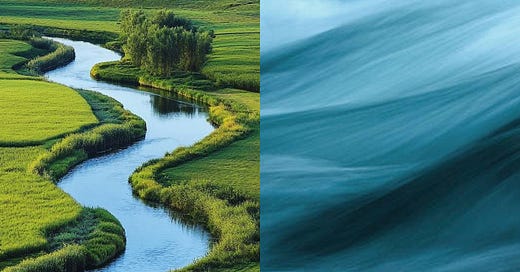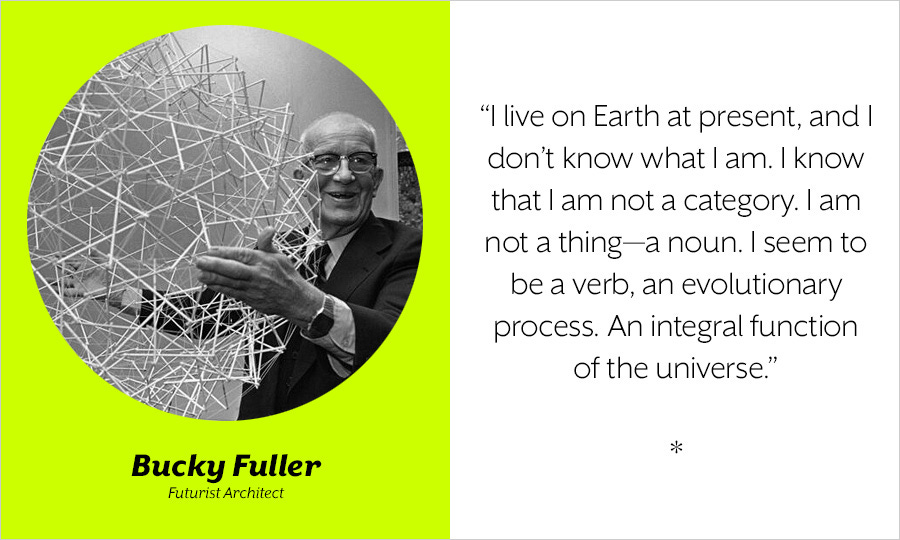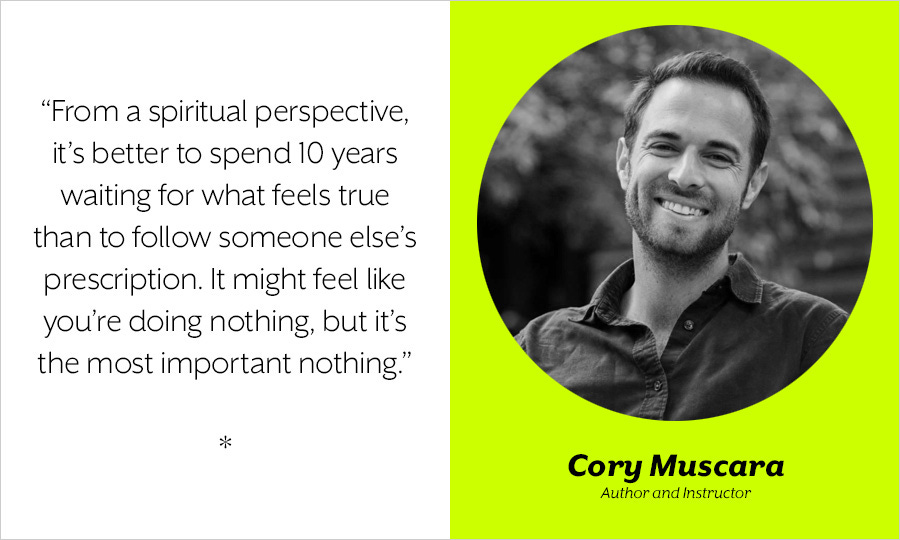The Question Nobody Asks About Goals
Can we be driven to improve, but still satisfied with life as it is?
I think about this question a lot. Maybe you do, too. But, even in “resolution season,” nobody seems to mention the fundamental conflict of goal setting. Let’s see if we can get to some truth. Read on…
How did the people closest to you in childhood model ambition and work ethic?
In my family, hard work was a privilege. Effort and achievement respected your ancestors’ hardships and ensured future generations had it better. Seeking success was less duty, more honor. This is the root of my performance mindset.
Fast forward to 2016 and my third bout of debilitating burnout. I found solace in books on human endurance, Buddhist philosophy, addiction recovery, punk rock, and writing. I rethought old attitudes around striving and perfectionism, and began the long process of self-acceptance.
Still, old habits die hard. I spent four more years coddling myself with drink, and to this day find it difficult to disentangle from outcomes. It shows up in my running (what could be more results-oriented than chasing PRs?) and my career, where I have sometimes kept grinding for years, in spite of glaring incompatibilities.
The question is, can people like us balance a deep-seated drive to improve with a more sustainable view—one where we’re at ease in the present?
I think we can, and that the key might lie in pace.
We Are a Process
How would you respond if someone asked, “Who are you?” Would you blurt out your name, occupation, or relationship to other people (father, son, husband)?
Now, bring to mind a photo of you at four years old. Then look in the mirror. Which of these is your “self?” The young child in the picture and the person reading this sentence are clearly not the same. Maybe your self isn’t your body, but rather lies in your thoughts and emotions. However, those also change continuously.
Interesting. We can’t point to one thing that defines our existence across time.
The Buddhist concept of anatta (no-self) challenges the notion of a fixed identity and suggests a more transformative perspective. Think of a river. From a distance, it appears to be a singular object: “river.” In reality, it is countless, constantly-changing moving parts. Churning molecules. Eroding rocks. Animals alive and decaying.
Lisa and I spent a lot of time on the Flathead in Northwest Montana. We’d get to know it well in the summer, then marvel each spring at new bends, breaks, inlets, and islands that weren’t there the year before—and at old features gone forever.
Futurist architect R. Buckminster Fuller penned a favorite quote about fluidity:
The Process Is Slow
If we look at a river today and again tomorrow, there won’t be much difference. To understand change, we need to consider it in seasons. Same goes for people. The four year-old in your photo arrived at this sentence over the course of many seasons.
Why, then, do we leap into new days and new years with such fiery ambition for fast growth? Do we hope to get wherever we’re going quicker? And then what? I say “we,” because I struggle with setting goals that honor the river-like nature of my time on Earth. I make checklists I know intuitively cannot be completed, then either abandon the work to try again tomorrow, or slog through the mud in a low mood.
Running—a good teacher if we pay attention—is showing me the light. Having spent fifteen years pushing hard to hit fast paces, I’ve only recently discovered the joy and unexpected performance boost of… slowing down.
Set Slow Goals
Like Bucky Fuller said, we are verbs comprised of other verbs—processes, many of them beyond our grasp—forever tumbling downhill to the ocean. This helplessness to steer our own fate is why goals are so needed. They give us purpose, direction, and clarity—things that put anxious human minds at ease.
Returning to the question, then: how can we set goals, but not get carried away in search of a future that’s perpetually over the horizon?
Seems to me, the key to feeling we have some self-determination, while not deluding ourselves into believing we have control, is to align our goals with the pace of nature. We should set slow goals. Here’s a framework:
Goal Selection: Ask “five whys.” Example: I want to run a marathon. Why? To see if it’s possible. Why? I guess because my confidence is shaky. Why? — Keep going until you get to your base motivation. If you can’t go five whys deep, or the final why doesn’t feel aligned, the goal might lack meaning.
Patiently wait for another.
Timing: Think in seasons and years, not days and weeks. Ask yourself what pace feels sustainable over the long haul. Avoid hard deadlines that create pressure, and instead find markers of gradual progress. In the marathon example, this could mean completing a shorter milestone distance in a couple seasons.
Check-in: Prioritize regular pauses to reflect on your progress. I tend to check in on running after my morning meditation. Ask: Does this still feel meaningful? Am I enjoying the process? Let the answers guide you, preventing burnout and blind adherence to outmoded goals.
Adjust: Goals are living things. Be willing to shift them as your circumstances or values evolve. Adjusting a goal isn’t failure—it’s a reflection of growth and your commitment to staying aligned with what matters.
The Finish Line
Too often, especially around the new year, we think in terms of “75 Hard” when we’d be better served by 365 consistent. Slow goals foster a steady, sustainable rhythm of growth, rather than the flashy, frenzied tempo of modern hustle culture. In this lighter space, we notice the subtle changes our efforts are bringing about.
We glimpse who we’re becoming.
I’ll close now with my own slow goals. I find the way others think about the future fascinating, so call this my contribution to the collective swell.
File under: “Duh,” but when deciding where to focus my energy, I try to notice when I’m having fun. What do I do where hours pass like minutes? While doing this stuff, am I learning? Can I share what I learn? Those are my guiding values, and why my slow goals are around running, writing, and writing about running:
Race a 2:45 marathon by age 60. Audacious. Probably out of reach. But, actually less about the time and more about building a “life of running.”
Publish a book a year through age 60. I don’t expect to write best sellers. I just have some ideas to help runners that beg for a longer format.
Let’s hear your short goals in the comments!
Run lightly,
-mike
— 10 for 1 —
This piece took ten hours to create.
Enjoy it? You can support my work for less than a dollar a week.











What a great quote — "I seem to be a verb...".
One of my long/slow goals is to keep improving my systems — simplify them, make them better, automate (or eliminate) the things I don't enjoy so I have more time for the things I do enjoy... I think specific goals become secondary if you have good systems and have them pointed in the right direction (and I think that's one way to answer "yes" to your subtitle question).
Shout out to Bucky Fuller for having a rad name AND being so dang insightful. And to you, my love, who never ceases to inspire or amaze me. *smooch*